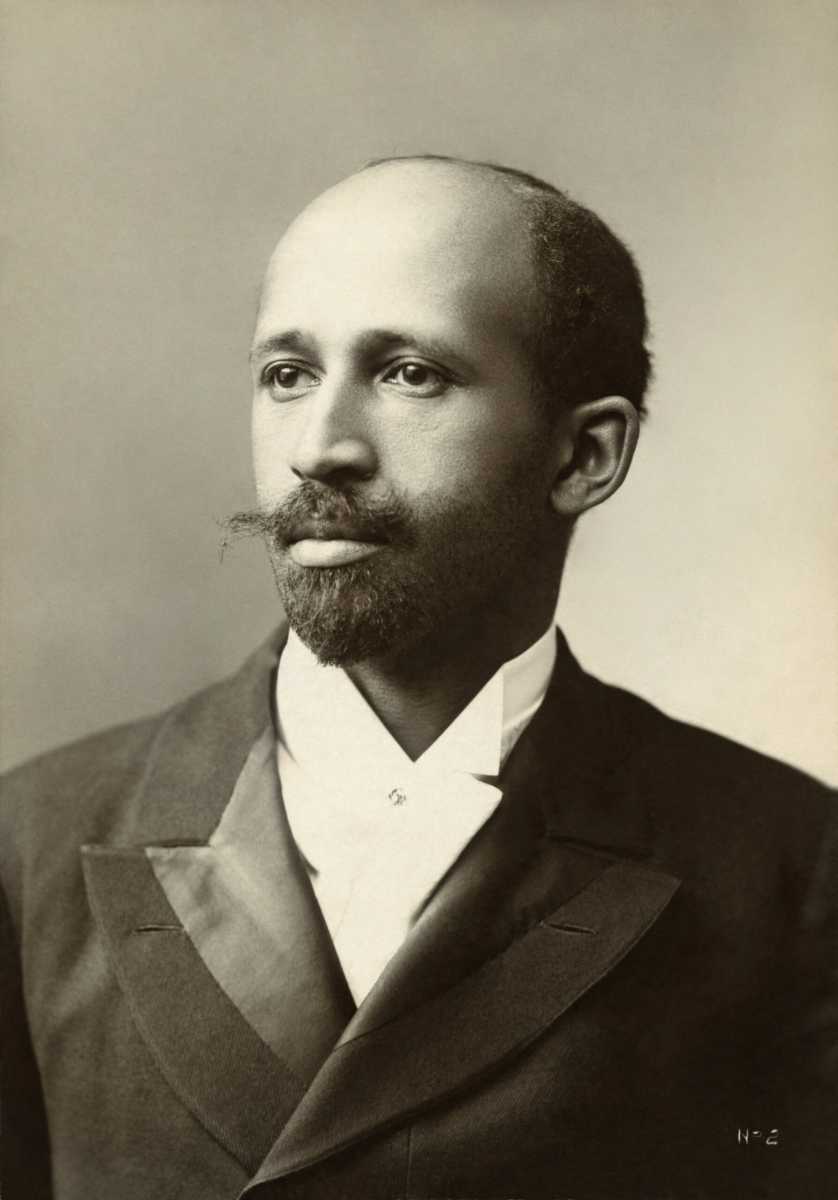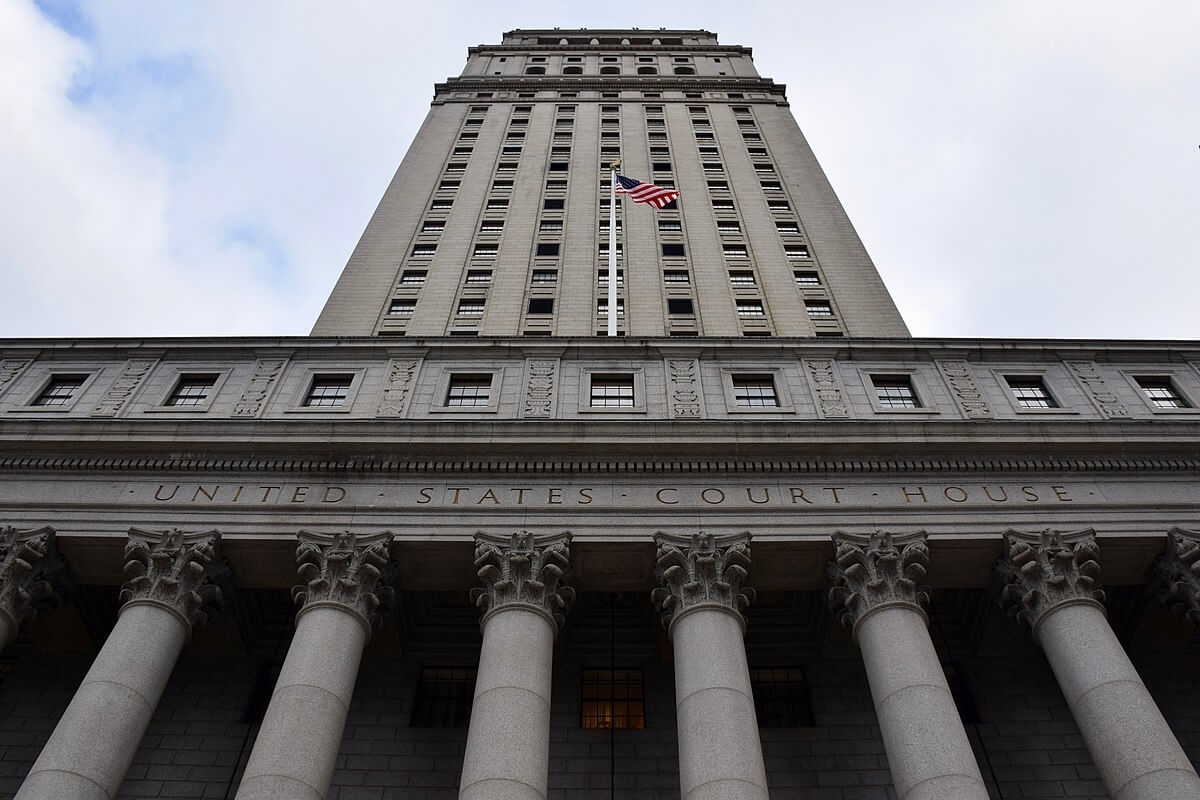As W.E.B. DuBois’ 156th birthday was celebrated on Feb. 23, WNED PBS’s original documentary The Niagara Movement: The Early Battle for Civil Rights, which gives insight into the prominent Black leader, is now available for streaming.
The film captures the conflict between sociologist, author and intellectual DuBois, Boston newspaper publisher William Monroe Trotter, and orator and educator Booker T. Washington over the pathway to Black liberation during the turn of the 20th century.
The film, directed by Emmy® Award-winning and two-time Oscar®-nominated filmmaker Lawrence R. Hott, is streaming on Buffalo Toronto Public Media’s YouTube Channel, the PBS app and theniagaramovement.org.
The Niagara Movement is also airing on public television stations around the country, distributed by American Public Television.
With commentary by prominent scholars and authors like Angela Jones, Aldon Morris, Amilcar Shabazz and Chad Williams, the hour-long film immerses viewers in the conflict between three prominent Black leaders in the early days of the 1900s.
While Washington had called the idea of social equality for African-Americans “folly” and urged Blacks “to learn to dignify and glorify common labor,” the repressive Jim Crow laws and widespread lynching that sprung up at the end of Reconstruction pressed Du Bois and Trotter to oppose Washington’s conciliatory tact.
The duo helped summon Black intellectuals, clergy, writers, newspapermen and activists from across the country to Buffalo, New York, to plan next steps.
To avert disruption by Washington’s supporters, the group of 29 men ultimately met across the Niagara River in Fort Erie, Canada, where they formed a national crusade called The Niagara Movement which called for full rights for African Americans.
“We refuse to allow the impression to remain that the Negro-American assents to inferiority, is submissive under oppression, and apologetic before insults,” the group asserted in its 1905 Declaration of Principles — a sharp rebuke to Washington.
The short-lived movement — named to evoke the power of the nearby Niagara Falls and the “mighty current” of protest they hoped to generate — set the tone for the modern American civil rights movement and inspired the formation of the NAACP.
“We are pleased that WNET is making available this enlightening film which unearths so much history in the long and ongoing fight for civil rights — stories, places and names that should be known by people throughout the U.S. and Canada,” said Tom Calderone, president and chief executive officer of Buffalo Toronto Public Media.

























